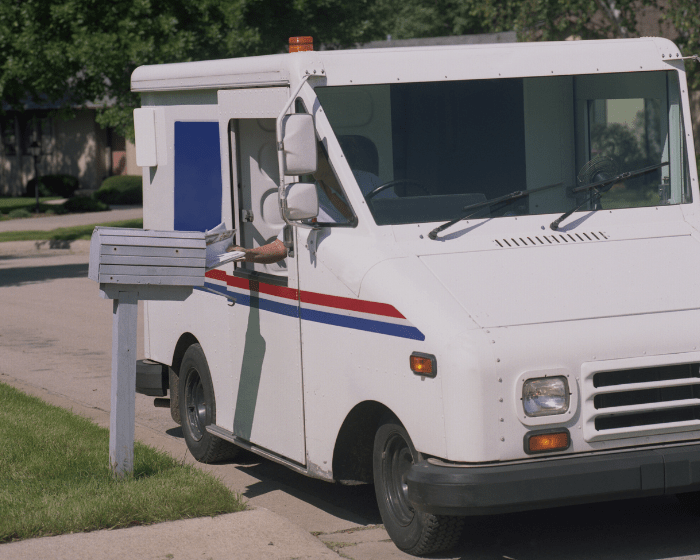
Days after the Texas Department of State Health Services announced it had added delta-8 THC to the state’s list of Schedule I controlled substances, a Texas hemp has company filed a lawsuit to stop enforcement of the rule — at least temporarily.
The state health department announced the change in rules October 15.
On October 20, Austin-based hemp retailer and manufacturer Hometown Hero petitioned a district court to prevent enforcement of the updated regulations on delta-8 until the matter could be heard in court, reports the Houston Chronicle.
In the legal filing, the company’s lawyer said the health department failed to properly notify the public. Attorney David Sergi wrote that DSHS updated the list of controlled substances without following state-mandated procedures and notice requirements. He also asserted that the changes were “covertly published as non-text images,” making them difficult to discover via text-based search.
"These recent developments have caught companies that sell hemp-derived products as well as their consumers off guard,” Sergi wrote in the petition given to the Chronicle by the Texas Hemp Federation, “immediately turning them into potential felons subject to arrest despite years of engaging in this same business without issue or law enforcement interference, and without having any knowledge of or intention to violate the law.”
”These recent developments have caught companies that sell hemp-derived products as well as their consumers off guard, immediately turning them into potential felons subject to arrest despite years of engaging in this same business without issue or law enforcement interference, and without having any knowledge of or intention to violate the law.”
— David Sergi, attorney for Hometown Hero
Hometown Hero is operated by military veteran Lukas Gilkey, who founded the company with the mission of helping veterans find relief from post-traumatic stress disorder, seizures and chronic pain.
"After operating legally and consistent with Texas law for several years,” Sergi wrote, “[Hometown Hero] and other similarly situated businesses and individuals now find themselves in potential legal jeopardy, and their businesses and livelihood with an uncertain future.”
Sergi argued that Congress had intentionally defined “hemp” broadly to encourage such business activity.
“[T]he only form Congress limited was delta-9 THC,” he wrote. “All other forms of THCs in hemp, including those in hemp products (which are also ‘hemp’) were simultaneously removed from being deemed controlled substances.”
The practical effect of the changes, Sergi said, “is to deprive individuals and businesses of a property interest without due course of law, and to turn lawful business owners and consumers into potential criminals.”
He added that modifications to the state’s Schedule of Controlled Substances exceeded Commissioner John Hellerstedt’s authority, as the state legislature did not expressly ban retail sale or distribution of delta-8 products.
Instead, the rule change came about in response to the U.S. Drug Enforcement Agency’s update to its list of controlled substances in August 2020. And these changes were made to bring the schedule current with the 2018 Farm Bill. This is the grounds by which Sergi claimed the commissioner had overstepped his authority.
Per the Chronicle: “Any time the DEA ‘designates, reschedules, or deletes’ any part of the federal controlled substances, individual states are allowed to choose whether or not to adopt the changes or stick with their existing rules. In Texas, that decision is solely up to Hellerstedt. However, attorneys argue that the changes implemented by the DEA in 2019 were merely ‘conforming’ the list to the new federal law rather than taking action that ‘designates, reschedules, or deletes’ anything.”
Will law enforcement pursue the new rules? The Texas Department of Public Safety did not respond to the Chronicle’s questions about plans to enforce the law. Within Texas, THC rules already varied from county to county and were being enforced differently depending on the location.
The response among shop owners has been mixed, according to the Dallas Morning News, with some taking delta-8 off the shelves and others continuing to sell it. Ashley Flood, owner of CBD American Shaman in Allen, told the news outlet that her customers in law enforcement were just as surprised by the change in delta-8’s legal status as she was.
For now, there are just as many questions as answers when it comes to delta-8 in the Lone Star State.








































